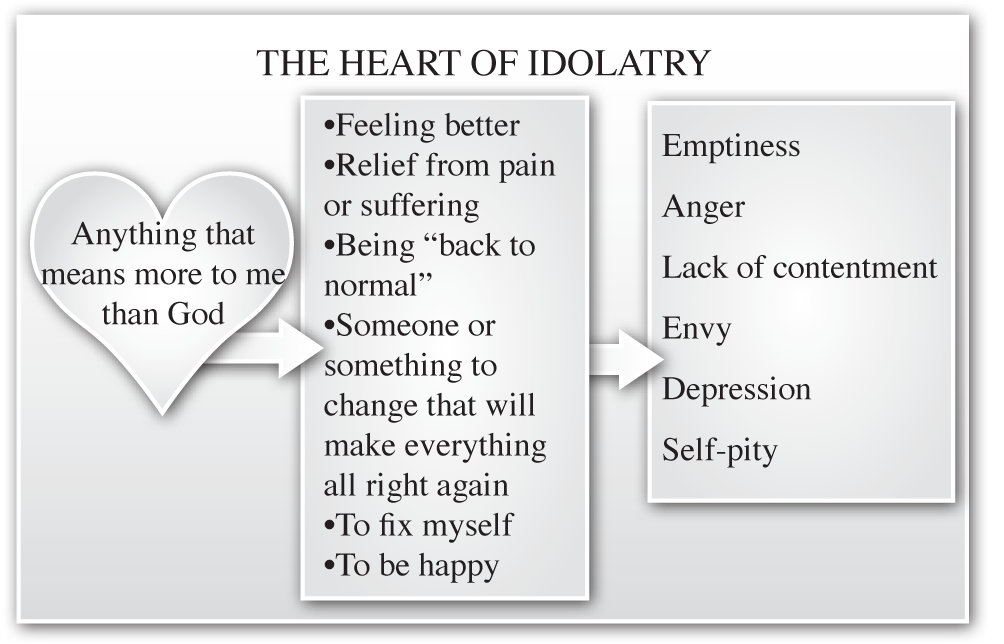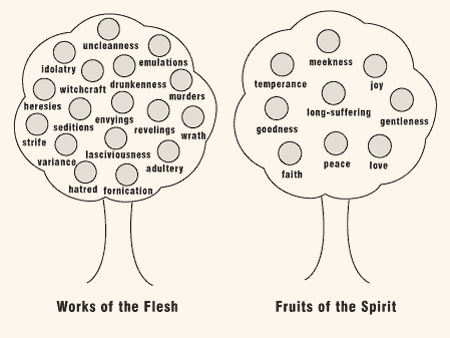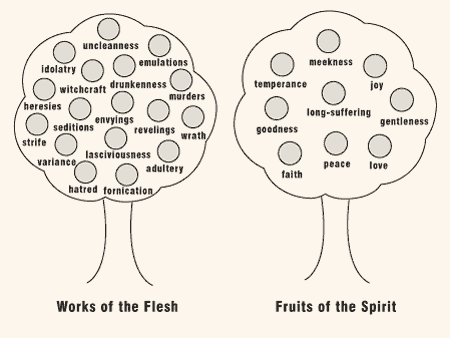The best answers I could find on this issue was from http://www.gotquestions.org/fornication-adultery.html
Question: "What is the difference between fornication and adultery?"
Answer: The modern dictionary definitions of fornication (voluntary sexual intercourse between persons not married to each other, which would include adultery) and adultery (voluntary sexual intercourse between a married person and a partner other than the lawful spouse) are simple enough, but the Bible gives us greater insight into how God perceives these two sexual sins. In the Bible, both are referred to literally, but both are also used figuratively to refer to idolatry.
In the Old Testament, all sexual sin was forbidden by the Mosaic Law and Jewish custom. However, the Hebrew word translated “fornication” in the Old Testament was also in the context of idolatry, also called spiritual whoredom. In 2 Chronicles 21:10-14, God struck Jehoram with plagues and diseases because he led the people into idolatry. He “caused the people of Jerusalem to commit fornication” (v. 11, KJV) and “to go lusting like the fornications of the house of Ahab” (v. 13 NKJV). King Ahab was the husband of Jezebel, a priestess of the lascivious god Baal, who led the Israelites into idol worship of the most egregious kind. InEzekiel 16, the prophet Ezekiel describes in detail the history of God’s people turning away from Him to “play the harlot” with other gods. The word “fornication,” meaning idolatry, is used numerous times in this chapter alone. As the Israelites became known among the nations round about them for their wisdom, riches, and power, which was a snare to them as a woman's beauty is to her, they were admired and courted and complimented by their neighbors, and so drawn into idolatrous practices. The word “fornication” is used in connection with pagan idolatry because much of pagan “worship” included sex in their rites. Temple prostitutes were common in the worship of Baal and other false gods. Sexual sin of all kinds was not only accepted in these religions, but encouraged as a means to greater blessings from the gods for the worshippers, particularly in the increase of their flocks and crops.
In the New Testament, "fornication" comes from the Greek word porneia, which includes adultery and incest.Porneia comes from another Greek word that also includes indulging in any kind of unlawful lust, which would include homosexuality. The use of the word in the gospels and the epistles is always in reference to sexual sin, whereas "fornication" in the book of Revelation always refers to idolatry. The Lord Jesus condemns two of the churches of Asia Minor for dabbling in the fornication of idolatry (Revelation 2:14, 20), and He also refers to the “great harlot” of the end times, which is the idolatrous false religion “with whom the kings of the earth committed fornication, and the inhabitants of the earth were made drunk with the wine of her fornication” (Revelation 17:1-2, NKJV).
Adultery, on the other hand, always refers to the sexual sin of married people with someone other than their spouse, and the word is used in the Old Testament both literally and figuratively. The Hebrew word translated “adultery” means literally “breaking wedlock.” Interestingly, God describes the desertion of His people to other gods as adultery. The Jewish people were regarded as the spouse of the Lord, so when they turned to the gods of other nations, they were compared to an adulterous wife. The Old Testament often referred to Israel’s idolatry as a wanton woman who went “whoring after” other gods (Exodus 34:15–16; Leviticus 17:7; Ezekiel 6:9, KJV). Further, the entire book of Hosea likens the relationship between God and Israel to the marriage of the prophet Hosea and his adulterous wife, Gomer. Their marriage was a picture of the sin and unfaithfulness of Israel which, time after time, left her true husband (God) to commit spiritual adultery with other gods.
In the New Testament, the two Greek words translated “adultery” are nearly always used, from their contexts, to refer literally to sexual sin involving married partners. The only exception is in the letter to the church of Thyatira which was condemned for tolerating the “woman Jezebel who calls herself a prophetess” (Revelation 2:20). This woman drew the church into immorality and idolatrous practices and anyone seduced by her false doctrines was considered to have committed adultery with her.
I hope this article has helped you. I learned a lot and prayerfully you did too. Stay tuned to tomorrow’s #3 Work of the Flesh Uncleanness.



 RSS Feed
RSS Feed